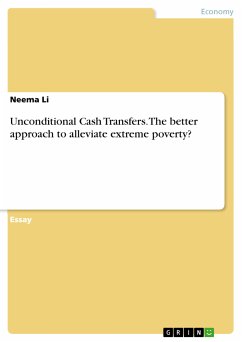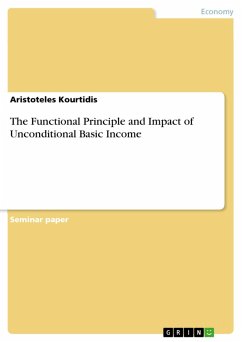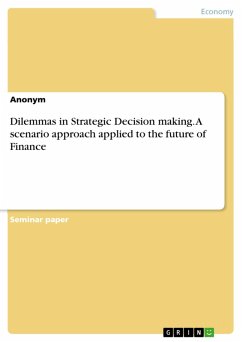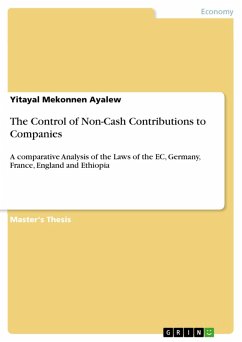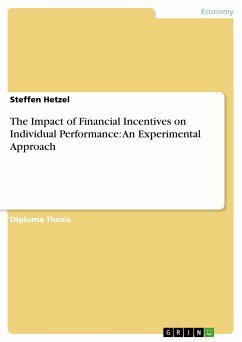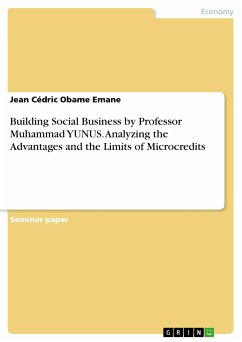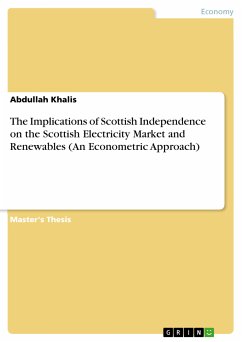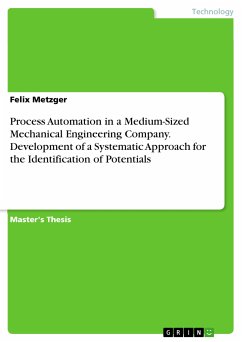Essay from the year 2019 in the subject Business economics - Miscellaneous, grade: 1,0, University of Copenhagen, language: English, abstract: This essay aims to investigate the effects of conditional and unconditional cash transfer and its¿impacts on alleviating poverty. Although the number of people living in extreme poverty has declined significantly in recent years, today it still accounts for over 10% of the world's population living on less than $1.90 a day. An internationally agreed goal is to reduce this number to zero by 2030 A common approach to bring people out of poverty and kick-start a virtuous cycle are direct cash transfers . Conditional cash transfers (CCTs), such as microcredits, as they are granted by the Grameen Bank for almost three decades, have generated considerable hope and enthusiasm for fast poverty reduction. However, in recent years there are increasing numbers of studies reporting no poverty alleviating effects and even talk about negative impact. The organization GiveDirectly (GD), founded in 2011, pursues a different approach with the allocation of unconditional cash transfers (UCTs).
Dieser Download kann aus rechtlichen Gründen nur mit Rechnungsadresse in A, B, BG, CY, CZ, D, DK, EW, E, FIN, F, GR, HR, H, IRL, I, LT, L, LR, M, NL, PL, P, R, S, SLO, SK ausgeliefert werden.

